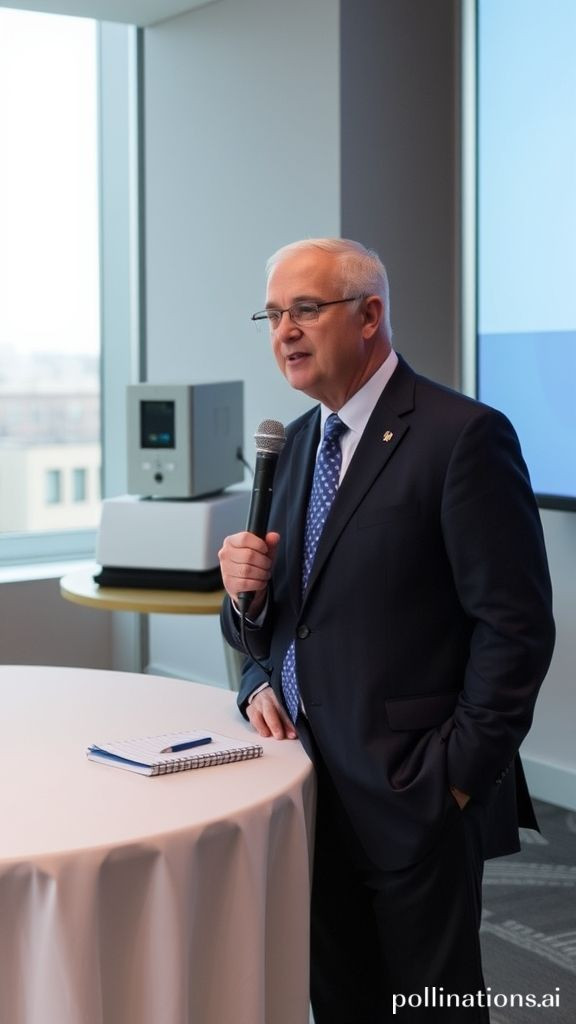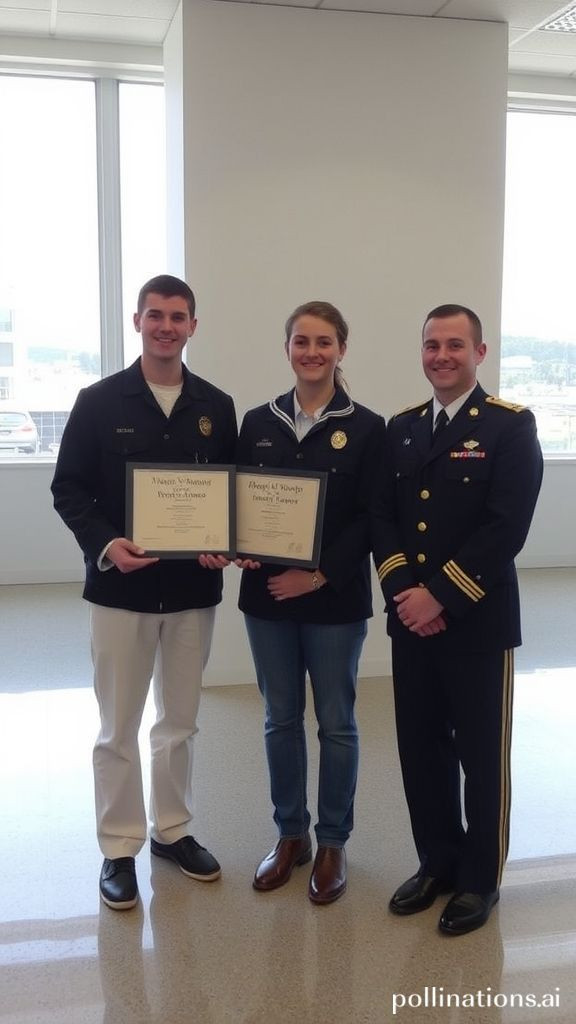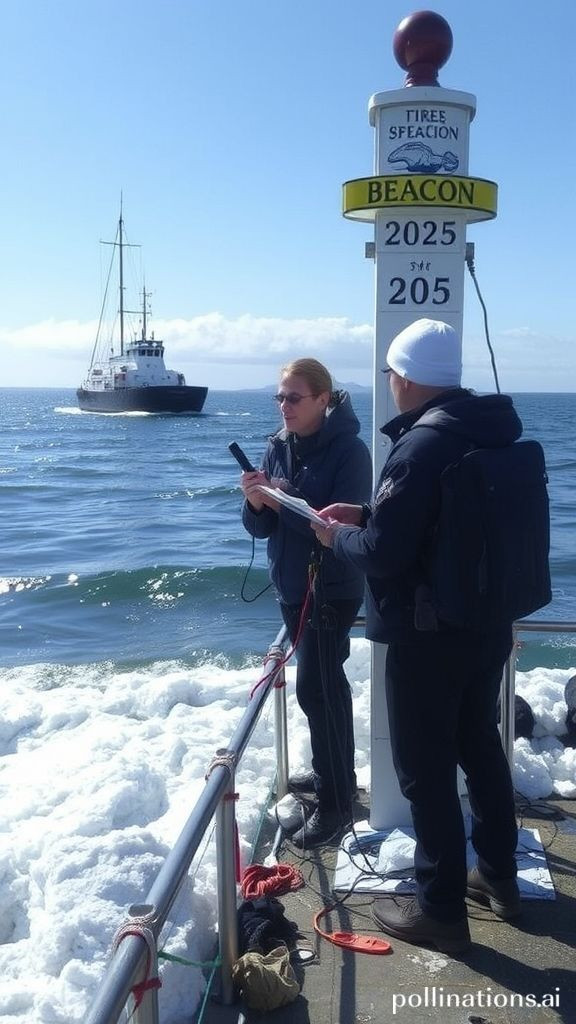
Unlocking Inmate Potential Iwahig Prison's Agri-Production Expansion
Unlocking Inmate Potential Iwahig Prison's Agri-Production Expansion
Unlocking Inmate Potential Iwahig Prison's Agri-Production Expansion
As the world continues to grapple with the complexities of rehabilitation and reintegration, innovative approaches are being explored to empower inmates and prepare them for a successful life outside prison walls. One such example is the Iwahig Prison and Penal Farm (IPPF) in Puerto Princesa, Palawan, which has taken an unprecedented step by expanding its agricultural production. This initiative not only generates revenue but also fosters skills development among inmates, setting a new standard for correctional facilities worldwide.
From Concept to Reality The Journey of Iwahig Prison's Agri-Production
In 2024, IPPF embarked on a bold initiative to revitalize its agricultural program by expanding rice fields, livestock production, and fisheries. This move was driven by the understanding that inmates' skills development is crucial for their rehabilitation and reintegration into society. Today, the prison farm has grown to 100 hectares of rice fields, producing an impressive P5 million worth of rice alone in 2024.
Beyond the Bottom Line The Far-Reaching Benefits
While the revenue generated from agricultural production is a significant achievement, it's just one aspect of the program's far-reaching benefits. The expansion has also
Boosted Inmate Skills By involving inmates in every stage of the agricultural process, IPPF is equipping them with valuable skills that can be applied beyond the prison walls.
Improved Morale Participating in agriculture-related activities has been known to boost inmate morale, fostering a sense of purpose and self-worth.
Enhanced Rehabilitation The program's focus on skills development and employment opportunities upon release helps inmates prepare for a successful life outside prison.
Overcoming Challenges Innovative Solutions
While the success of IPPF's agri-production expansion is undeniable, challenges do exist. Some of these include
Resource Constraints Limited resources, including funding and manpower, can hinder the program's growth and effectiveness.
Logistical Hurdles Coordinating agricultural activities within the prison walls requires careful planning and management to ensure efficiency.
To overcome these challenges, IPPF has implemented innovative solutions, such as
Strategic Partnerships Collaborations with local organizations have enabled IPPF to access resources and expertise, enhancing the program's overall effectiveness.
Capacity Building Training programs for inmates and prison staff are essential in building capacity and ensuring the long-term success of the agri-production expansion.
New Livelihood Opportunities
As Iwahig Prison continues to grow its agricultural production, it's creating new livelihood opportunities for inmates. By providing skills training and employment prospects, IPPF is empowering individuals to take control of their lives and build a better future.
Rice Production The prison farm's rice production has become a significant source of income for the institution, with P5 million generated in 2024 alone.
Livestock and Fisheries In addition to rice production, IPPF is also generating revenue from livestock and fisheries, providing inmates with a broader range of skills and employment opportunities.
Conclusion
Iwahig Prison's agri-production expansion serves as a shining example of innovative correctional management. By harnessing the potential of agriculture, the prison is not only generating revenue but also fostering skills development among inmates. As the world continues to grapple with the complexities of rehabilitation and reintegration, initiatives like IPPF's serve as a beacon of hope for a brighter future.
References
Iwahig Prison expands agri production, boosts inmate skills and revenue (Newsinfo.inquirer.net)
Prison Farming A New Approach to Rehabilitation? (The Conversation)
Keywords Iwahig Prison, Agri-Production Expansion, Inmate Skills Development, Rehabilitation, Correctional Management






